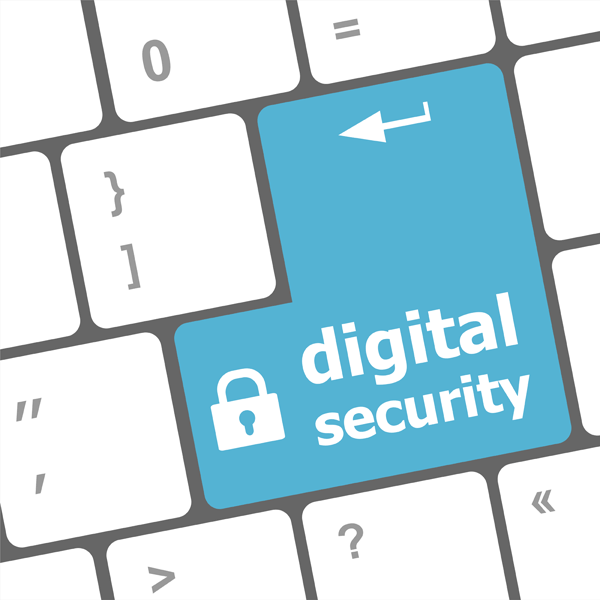Online security is an important consideration, especially if you make important transactions online. However, you may be compromising your own security by sticking to old online habits that expose you to new and evolving threats.
Read on to know how you can reduce your online risks by changing common online habits that compromise your digital security.
 5 Online Habits Compromising Your Digital Safety
5 Online Habits Compromising Your Digital Safety
Allowing all permissions without knowing about the app you are installing
It is tempting to allow all permissions when installing a new app, especially when you’re in a hurry. However, this is one way to expose yourself to third-party threats that can access your device and online info, and even take control of the apps on your phone. Checking app permissions before allowing them can be crucial, especially if you are installing unverified apps. For example, some apps that carry malware may ask for permission that has nothing to do with the app’s normal functions. This is an indication that you may be installing a security risk on your phone. While it may take you a few added minutes to check whether the permissions you are granting are necessary or not, these minutes are essential if you want to keep your device secure.
Using public Wi-FI without the added security
Many people think that connecting to public WI-Fi is not a cause for concern. After all, people do it all the time, right? From the Wi-Fi at the airport to the networks in your hotel, you are exposing yourself to countless risks because public networks are notoriously easy to hack. Cybercriminals can access everything you are sending or receiving on that network, and this includes passwords and sometimes even the entire contents of your device. If you really need to use public Wi-FI, do it for play and not for work. Never conduct financial transactions or open important online accounts while on a public network. It is also important to use a VPN every time you connect to a public WI-Fi network.
Signing up for new services using your social media
Platforms like Facebook, Instagram, and Twitter allow users to sign up for other services using these accounts. While this may seem like a good way to quickly connect with other apps and services, this practice widens your security risk, because any account linked to Facebook or Instagram is easier to hack into once your origin accounts are compromised. One run-around if you don’t want to receive marketing emails at your main email address is to assign a seldom-used email address for social media and services that are not essential.
Not scanning new apps, files, or hardware
Avoid introducing new apps, files, or hardware such as flash drives on a device that doesn’t have any anti-malware system installed. If your device has malware detection software installed, use it every time you download files or connect external hardware. This is one way to keep that device and your online data safe from malware that can be introduced through these routes.
Relying on one layer of security
Many people think that they are safe once they have one piece of antivirus software installed. With cyber hackers and malware becoming more sophisticated day after day, this is no longer enough to keep you secure online. Experts recommend having a multi-layered system of security that includes updated systems, frequent password changes, and VPNs, on top of your go-to anti-malware software.
There are many ways by which regular online users are compromising their security, and these often include old habits that are easy to change. Check to see if you have the habits mentioned above so you can change them and curb your online risks today.
Need help? Contact AccSys Solutions. We are happy to assist any way we can!
